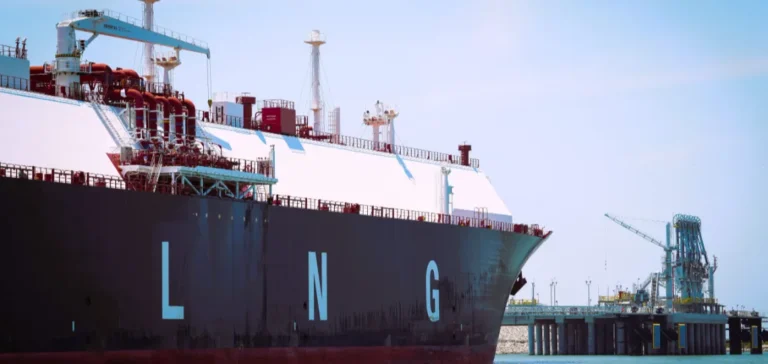The European Commission is working to include a strengthened ban on Russian liquefied natural gas (LNG) in its 19th package of sanctions. This measure forms part of ongoing discussions in Brussels aimed at tightening economic pressure on Moscow following the invasion of Ukraine.
Transatlantic pressure and negotiation timeline
The proposal comes after a call between European Commission President Ursula von der Leyen and United States President Donald Trump, who has demanded stronger EU action against Russia’s energy revenues. According to Trump, further American pressure on Moscow depends on the bloc taking firmer steps.
Talks between EU institutions envisage a ban on short-term contracts for Russian LNG starting next year, while a complete phase-out of Russian oil and gas imports remains scheduled for January 1, 2028. The Commission plans to officially present the 19th package to member states in the coming days.
A targeted approach to LNG flows
This new sanctions package primarily targets LNG shipments that continue to reach several European ports, notably in France, Belgium and Spain. Unlike Russian oil, which has already been heavily restricted under previous sanctions, LNG remains a significant source of revenue for the Russian government.
Until now, the European Union had avoided a direct ban on these cargoes, allowing member states to determine their import volumes individually. That approach may shift under growing pressure from Eastern member states advocating stricter energy measures.
Aligning national and EU-level measures
Countries such as Lithuania, Estonia and Poland have already implemented unilateral restrictions on Russian LNG. The new sanctions package would aim to harmonise these actions at the EU level and prevent logistical circumvention.
Russian LNG imports to the European Union have slightly declined since 2022 but remain substantial. According to available data, Russia accounted for around 15% of total EU LNG imports in 2024, representing several billion euros in revenue for the Russian economy.






















